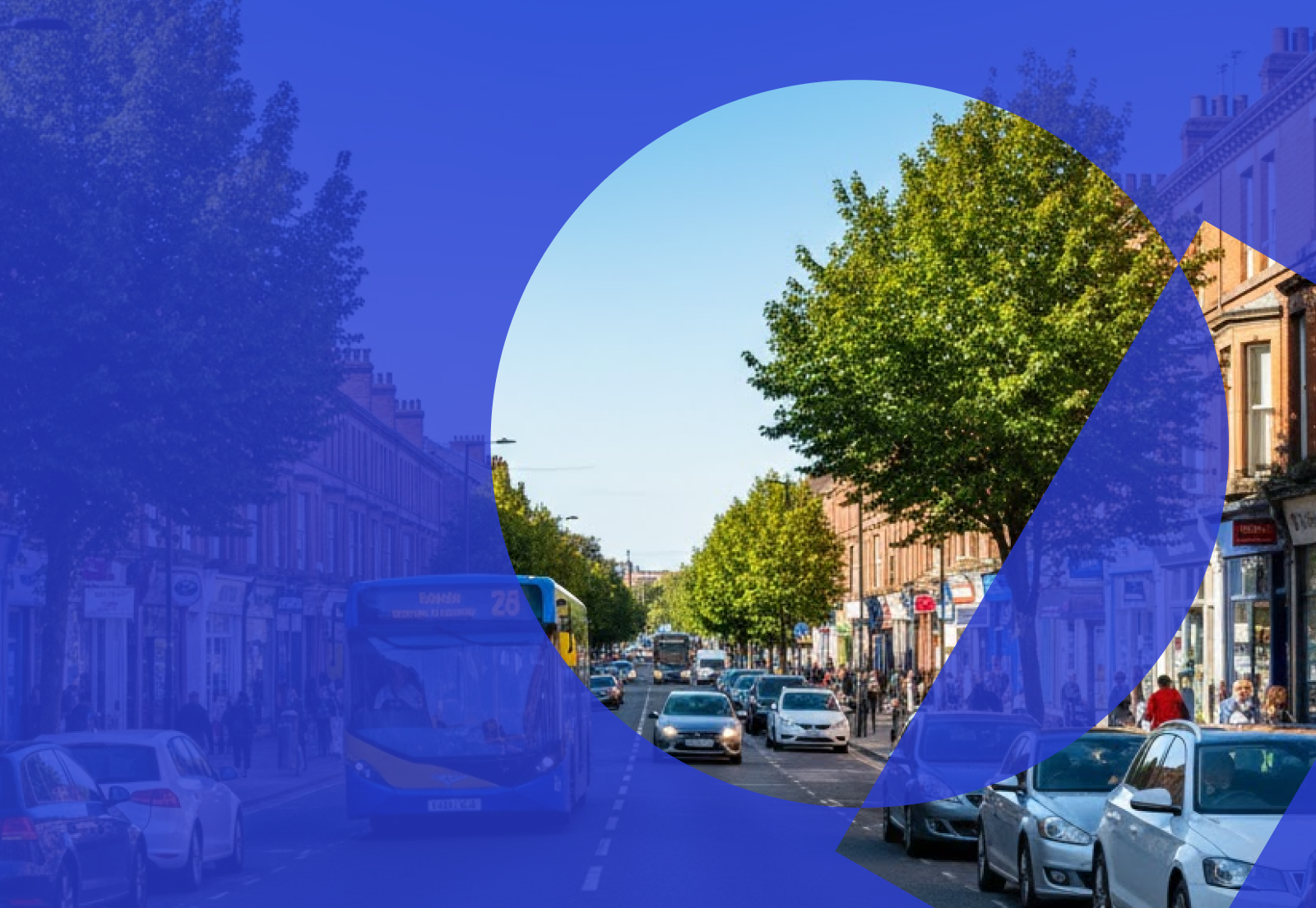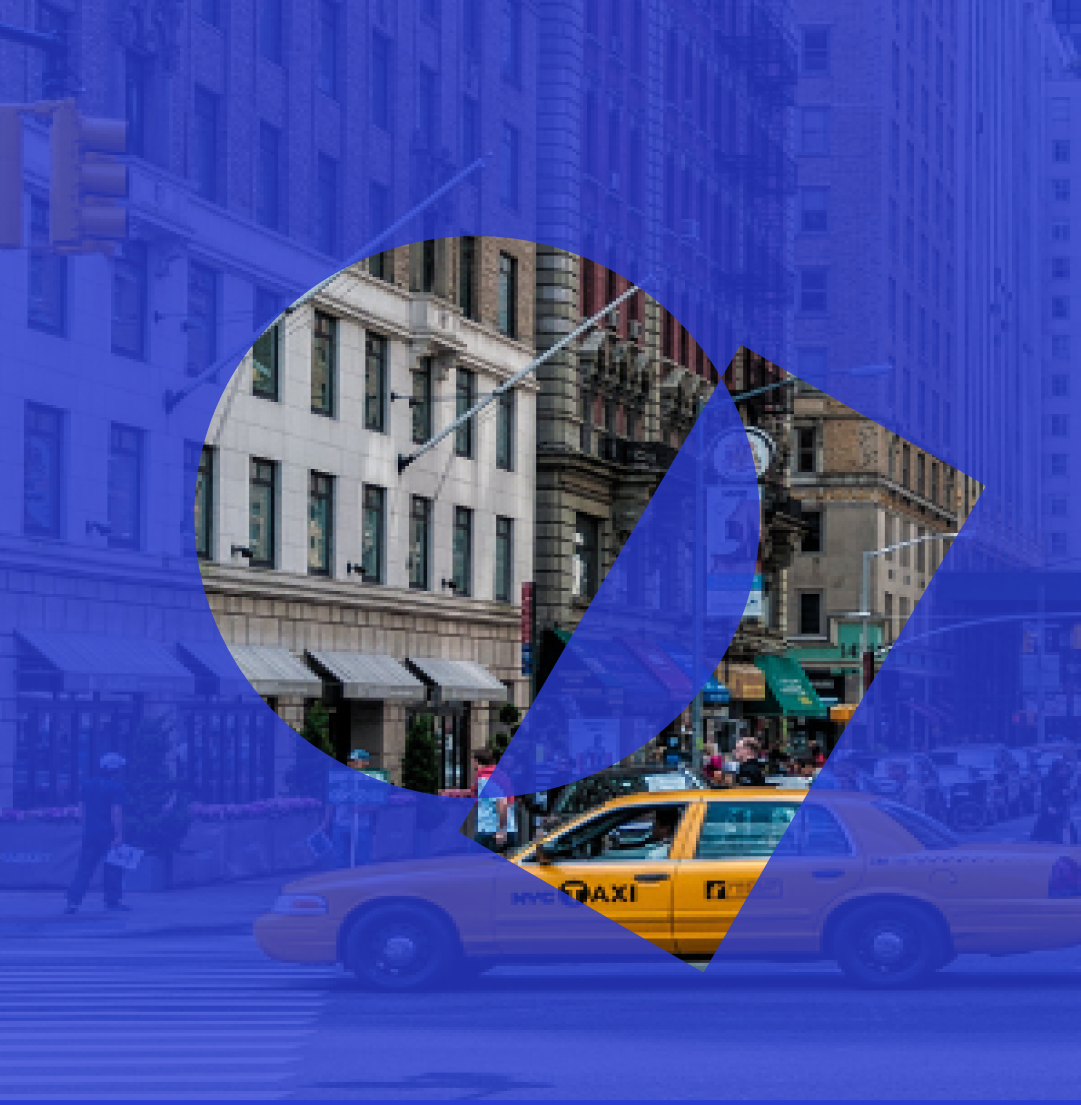Long queues, closed pumps, and the army called in. Unless you’ve been living under a rock these last few weeks you may have noticed that the UK experienced a fuel shortage.
The crisis saw drivers up and down the country panic buying petrol, ignoring the government’s reassurance that petrol supplies were stable. The panic buying further exacerbated any supply issues meaning that at some petrol stations, fuel did actually run out. Some of the hardest hit by the crisis were the UK’s fleets. Fleets from ambulances to taxis were pleading with drivers to stop the panic buying to no avail.
So what actually happened? Why were fleets affected? And what can fleets do to protect themselves in the future?
The unfolding crisis
The UK never actually ran out of fuel but the process of keeping the country’s petrol stations flowing involves a smooth running supply chain. So when a kink appeared somewhere in the UK’s chain, the whole system ground, almost, to a halt. The warning signs were there. A couple of months prior companies across the country complained of supply chain issues. Fast-food chains KFC, McDonald’s and Nando’s had to limit menu items and supermarkets experienced shortages of certain produce.
When this first began the shortages didn’t seem like too much of a problem. An inconvenience, yes but we were aware that the country was emerging from a pandemic and with fewer HGV drivers than before Covid-19. But when news broke from oil giants BP and ExxonMobil that some petrol stations would close as a result of the truck driver shortage, the feeling across the country changed.
The situation dissolved rapidly. Queues began to form at petrol stations up and down the country and pumps began to run dry.
Fleets in the firing line
Soon fleets began to feel the pinch of supply issues and resulting panic buying. Yorkshire Ambulance Service Trust urged people to follow government advice and not to panic buy fuel along with some school bus operators. Taxi drivers complained of lost wages due to time spent queuing for petrol, and major construction contractors and suppliers have said they are still “monitoring” the fuel-supply crisis as London and the South-East continue to experience shortages.
Unfortunately many UK fleets are still heavily reliant on petrol to power their vehicles. In addition to this, these vehicles get a lot more mileage than say, a family car. This means fleets tend to require fuel much more frequently.
The fuel shortage meant that fleets were hit with a double whammy of time and money lost waiting in huge queues outside petrol stations in order to maintain service.
Business continuity when the pumps run dry
After the events of the last 18 months I’m sure a fuel crisis was not on your 2021 bingo card. Perhaps we won’t see another one in this decade, but mitigating this risk is something fleets should consider, particularly in a world where fuel costs are at their highest in a decade and we continue to move away from a reliance on fossil fuels.
So what options and alternatives do fleets have?
Electric vehicles
The obvious alternative to petrol and diesel is electric vehicles (EVs). The appeal of EVs had not gone unnoticed during the fuel crisis with news outlets reporting that EV drivers looked on smugly as people queued for hours at the pumps.
Many fleets are seizing this opportunity and are making the move to EV with the likes of Uber, Addison Lee, Amazon and UPS gradually making this switch. This move has proved beneficial as EVs drivers were largely unaffected by the crisis. In addition to this, a 2018 study from the University of Michigan shows fleets save money with EVs. The research showed that electric vehicles cost less than half as much to operate as gas-powered cars.
When discussing EVs for fleets it’s important to note that charging can, in some areas of the UK, remain a challenge for drivers. In fact a recent Competition and Markets Authority (CMA) survey concluded the UK will need more than ten times the 25,000 existing charging points to meet demand as we approach the government’s planned ban on the sale of new petrol and diesel cars by 2030.
For fleet managers, it’s not just the quantity of chargers available to their drivers that is crucial to their decision making, but also the types of chargers available. EV fleets require charging more frequently and will therefore rely on faster charging.
The below chart from Zap-Map shows the breakdown of charge point devices by slow (3-5kW, 12+ hours to charge), fast (7-22kW, 3-4 hours to charge), rapid (25-99kW, 30 minutes to 80% charge) and ultra-rapid (100kW+) power rating for the past five years and 2021 to date in the UK.

What this chart tells us is that fast and rapid chargers are beginning to see more spread across the country and the past few years have seen a dramatic increase in the overall number of public EV charge points in the UK. In fact, between the end of 2016 and 2020 there has been an increase of 220% in the number of public chargers.
Between an expansion of charging infrastructure and the potential savings to be had, the future certainly looks bright for fleets that make the switch to EV, not least because they will be well equipped to avoid the stress that would arise from any future fuel shortages.
Cargo and e-cargo bikes
No longer reserved for our Dutch and Danish friends across the channel, cargo bikes are fast becoming a mainstay in towns and cities across the UK. Often a great alternative for fleets whose drivers complete shorter journeys with small amounts of goods and tools to carry, cargo bikes are experiencing rapid growth as companies look towards greener transport modes and a means to avoid traffic and congestion. Around 4,000 cargo bikes were sold in the UK last year according to the Bicycle Association of Great Britain (BAGB), with the numbers split around 50/50 between commercial and family/individual use.
Fleets have certainly taken notice, in particular food and parcel delivery firms for whom the rise of home delivery has seen huge demand for their services but also challenges accessing towns and cities clogged with congestion. Leading the charge is FedEx Express who are currently trialling a fleet of eight e-cargo bikes in London.
The benefits of cargo bikes are huge and can be realised instantly. Not reliant on petrol and diesel, cargo bikes deliver about 60% faster than vans in city centres, according to a study by UK climate charity Possible. The study also found that bikes had a higher average speed and dropped off 10 parcels an hour, compared with six for vans.
The bikes also massively cut carbon emissions when compared with diesel vans, and even when compared with electric vans, the report said.
One London plumber who made the switch to cargo bike said, “I expected to do something between 50 and 60 percent of my business by bicycle,” he says. “But I’ve actually discovered it’s closer to 95 per cent.”
Since making the move to cargo bike he’s only used his van twice and said,
“Both times I’ve been seriously disappointed, it was just wall-to-wall traffic. So I feel rather smug, I have to say, as I cruise down past all the cars that are nose to tail.”
It’s safe to say he would have been feeling even more smug during the fuel shortage!
Kerbside intelligence
Moving an entire fleet to electric vehicles or cargo bikes takes time and planning, it’s a move that will certainly not happen overnight. So how else can fleets prepare for a fuel shortage without disruption?
Kerbside intelligence such as parking restriction information can be used to reduce mileage which in turn conserves fuel.
One such app is our Pro Parking App. The app is designed to give drivers a birds-eye view of all parking options, dynamically updating restriction information as you drive, and enables drivers to find parking quickly and within a 5min walk to their destination. The app reduces the dependency on street signage and provides a platform for well thought out, pre-planned parking.
For one of our clients, Morrison Energy Services, this meant their field technicians could view accurate and relevant contextual parking information covering all options including resident bays restricted hours, single yellow line restricted hours, and paid bay maximum stay limits.
This enhanced parking information ensured that journey times were reduced, resulting in less fuel usage, lower carbon emissions and greater field operation efficiencies.
Read more about our work with Morrison Energy Services here.
The last few weeks have certainly given fleets a lot to think about, both in the short and long term. Whatever plans you have for your team, reach out to AppyWay today and speak to one of our fleet experts.







